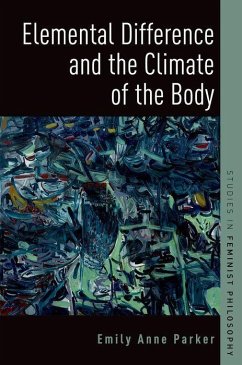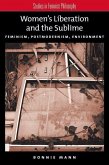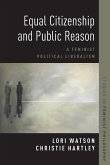Political hierarchies and ecological crises are often considered to be two different problems. For example, many speak in the present of parallel concerns: climate change and racial injustice. Emily Anne Parker argues rather that these concerns share a common cause in the polis. Polis is an ancient Greek term for the city-state, from which the English term political derives. But polis is more than a term. It is a philosophy according to which there is one complete human body, and that body is meant to govern all other things. In that sense there are not two concerns, but instead one concern: to perceive the ways in which this tradition of the polis constrains the present. Emily Anne Parker bridges the insights of social constructionism and new materialisms to create a philosophy of elemental difference. Difference, rather than needing to be either dismissed based on its social construction or reified in keeping with the hierarchies of the polis, is crucial for addressing contemporary crises of the polis.








